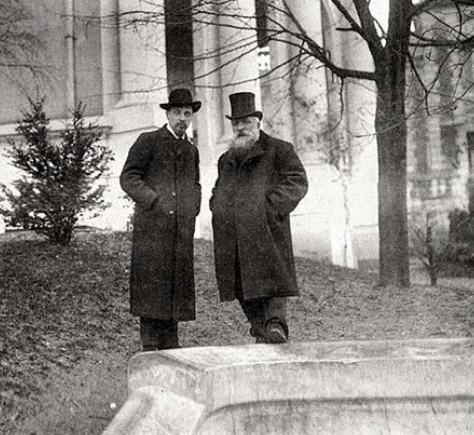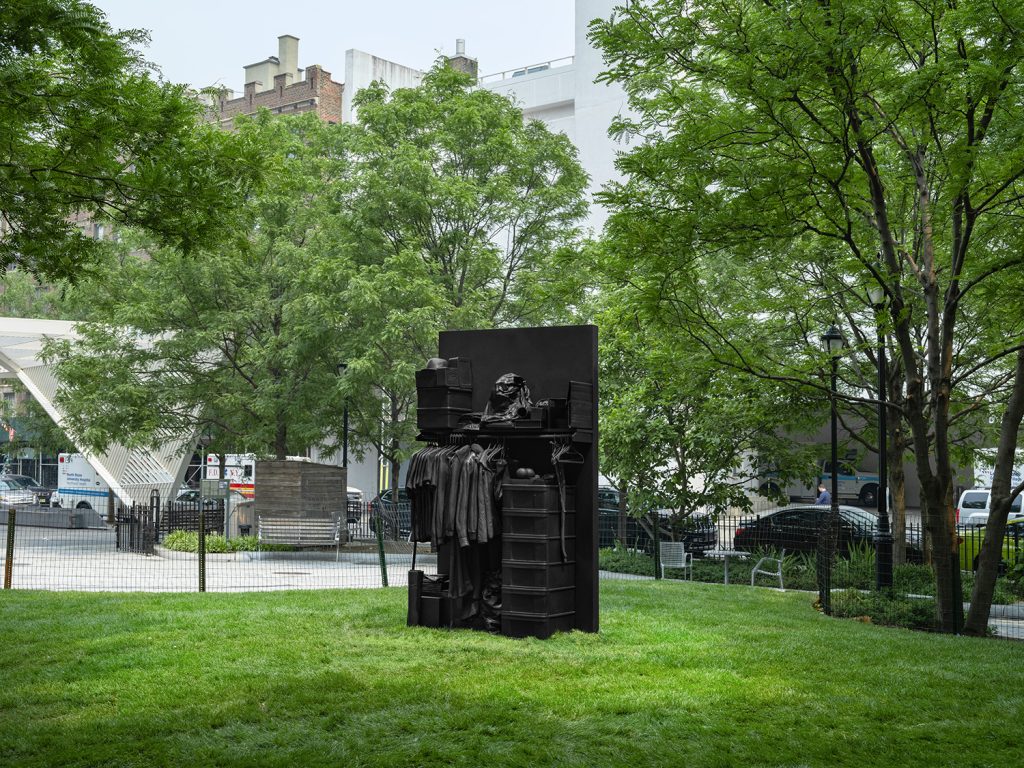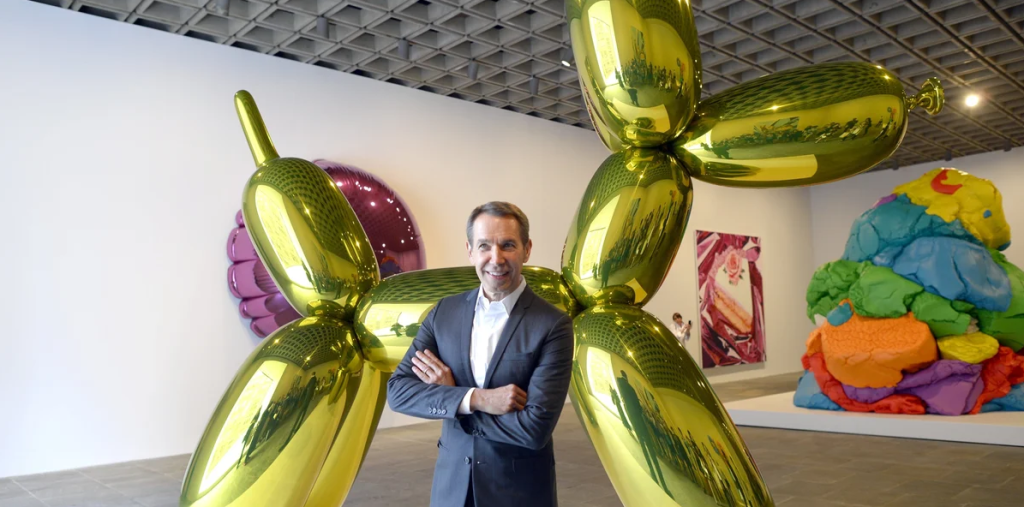Conversations in Art: Rilke’s Lyrical Exploration of Rodin
The relationship between poet Rainer Maria Rilke and sculptor Auguste Rodin offers a fascinating window into the intersection of literature and visual art. Rilke’s writings on Rodin illuminate not only the creative process of sculpting but also the profound human emotions that art can evoke. This exploration highlights the enduring dialogue between art forms and invites us to reflect on how we engage with and understand artistic expression.
The Poet’s Insight into Sculpture
Rilke’s time spent with Rodin in Paris significantly influenced his poetic vision. Observing Rodin at work, Rilke became acutely aware of the physicality and emotional intensity embedded in the sculptor’s creations. He noted that the sculptor’s hands were not merely tools but extensions of his creative spirit. Rilke described Rodin’s process as an act of unveiling, where each chisel stroke revealed the essence of the stone, mirroring the layers of human experience. This insight invites readers to appreciate the meticulous craftsmanship behind art and encourages us to find deeper meanings in creative expression.
Art as a Reflection of Existence
In his letters to Rodin, Rilke delved into philosophical themes about existence, time, and the human condition. He perceived sculpture as a tangible manifestation of life’s struggles and triumphs. For Rilke, Rodin’s works served as a dialogue about the universal experience of being, capturing moments of beauty, pain, and transcendence. This perspective enriches our understanding of art; it reminds us that every piece holds a story that speaks to the human experience, urging us to engage with art not just as spectators but as participants in an ongoing conversation about life and emotion.
The Challenge of Creation
Rilke admired the challenges that Rodin faced in his artistic practice. The poet articulated the internal struggles of creativity, emphasizing that great art demands perseverance and authenticity. In his writings, Rilke conveyed the notion that artistic success is often born from frustration and the relentless pursuit of true expression. This message resonates with both aspiring artists and enthusiasts, reinforcing the idea that creative endeavors are not only celebrated for their beauty but also for the journey of self-discovery and growth that they entail.
Inspiring Reflection and Engagement
Rilke’s reflections on Rodin encourage us to rethink our own engagement with art. His insights serve as a reminder that art is not merely a visual experience; it is a profound dialogue that speaks to the core of our existence. As we explore the works of artists like Rodin, we are invited to engage more deeply in understanding our human emotions and experiences. By opening ourselves to these conversations, we can enrich our appreciation of both art and life itself.
In conclusion, the lyrical exchange between Rilke and Rodin holds valuable lessons for anyone interested in the arts. It challenges us to consider not only the artworks themselves but also the intricate stories and emotions they encapsulate. Whether you’re an artist, a poet, or simply someone who loves to appreciate beauty, take the time to explore these connections further. Engage with the art around you and allow it to inspire your own journey of creativity and reflection.


